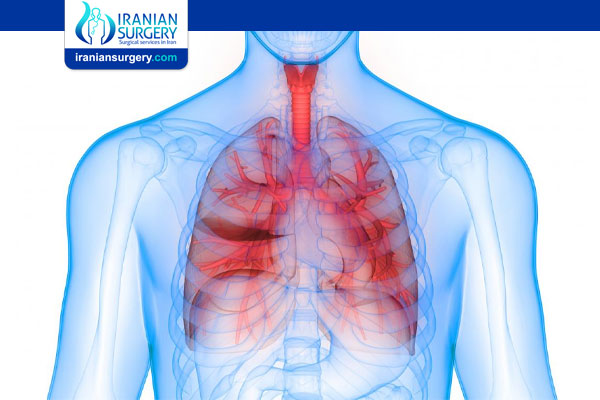Bronchoscopy Recovery
Bronchoscopy Recovery
Recovery
Bronchoscopy lets your doctor look at your airway through a tube called a bronchoscope. Afterward, you may feel tired for 1 or 2 days. Your mouth may feel very dry for several hours after the procedure. You may also have a sore throat and a hoarse voice for a few days. Sucking on throat lozenges or gargling with warm salt water may help soothe your sore throat.
If a sample of tissue (biopsy) was taken, you may spit up a small amount of blood or have bloody saliva. This is normal.
This care sheet gives you a general idea about how long it will take for you to recover. But each person recovers at a different pace. Follow the steps below to get better as quickly as possible.
How can you care for yourself at home?
. Activity
. Do not eat anything for 2 hours after the procedure.
. Rest when you feel tired. Getting enough sleep will help you recover.
. Avoid strenuous activities, such as bicycle riding, jogging, weight lifting, or aerobic exercise, until your doctor says it is okay.
. Ask your doctor when you can drive again.
. Diet
. You can eat your normal diet. If your stomach is upset, try bland, low-fat foods like plain rice, broiled chicken, toast, and yogurt.
. If it is painful to swallow, start out with cold drinks, flavored ice pops, and ice cream. Next, try soft foods like pudding, yogurt, canned or cooked fruit, scrambled eggs, and mashed potatoes. Avoid eating hard or scratchy foods like chips or raw vegetables. Avoid orange or tomato juice and other acidic foods that can sting the throat.
. Drink plenty of fluids to avoid becoming dehydrated (unless your doctor tells you not to).
. Medicines
. Take pain medicines exactly as directed.
. If the doctor gave you a prescription medicine for pain, take it as prescribed.
. If you are not taking a prescription pain medicine, ask your doctor if you can take an over-the-counter medicine.
. If you think your pain medicine is making you sick to your stomach:
. Take your medicine after meals (unless your doctor has told you not to).
. Ask your doctor for a different pain medicine.
. If your doctor prescribed antibiotics, take them as directed. Do not stop taking them just because you feel better. You need to take the full course of antibiotics.
Follow-up care is a key part of your treatment and safety. Be sure to make and go to all appointments, and call your doctor or nurse if you are having problems. It's also a good idea to know your test results and keep a list of the medicines you take.
When should you call for help?
Call your doctor or nurse or seek immediate medical care if:
. You have sudden chest pain and shortness of breath.
. You cough up large amounts of bright red blood.
. You have severe pain in your chest.
. You have severe trouble breathing.
. You cough up more than a few tablespoons of blood.
. You have pain that does not get better after you take pain medicine.
. You have a fever over 38°C.
. You still sound hoarse after a few days.
. You have bubbles under the skin around the collarbone. These may crackle and pop when you press on them.
About Iranian Surgery
Iranian surgery is an online medical tourism platform where you can find the best surgeons in Iran. The price of a Bronchoscopy in Iran can vary according to each individual’s case and will be determined based on photos and an in-person assessment with the doctor.
For more information about the cost of Bronchoscopy in Iran and to schedule an appointment in advance, you can contact Iranian Surgery consultants via WhatsApp number 0098 901 929 0946. This service is completely free.
Source:
. https://myhealth.alberta.ca/Health/aftercareinformation/pages/conditions.aspx?hwid=tw12595


